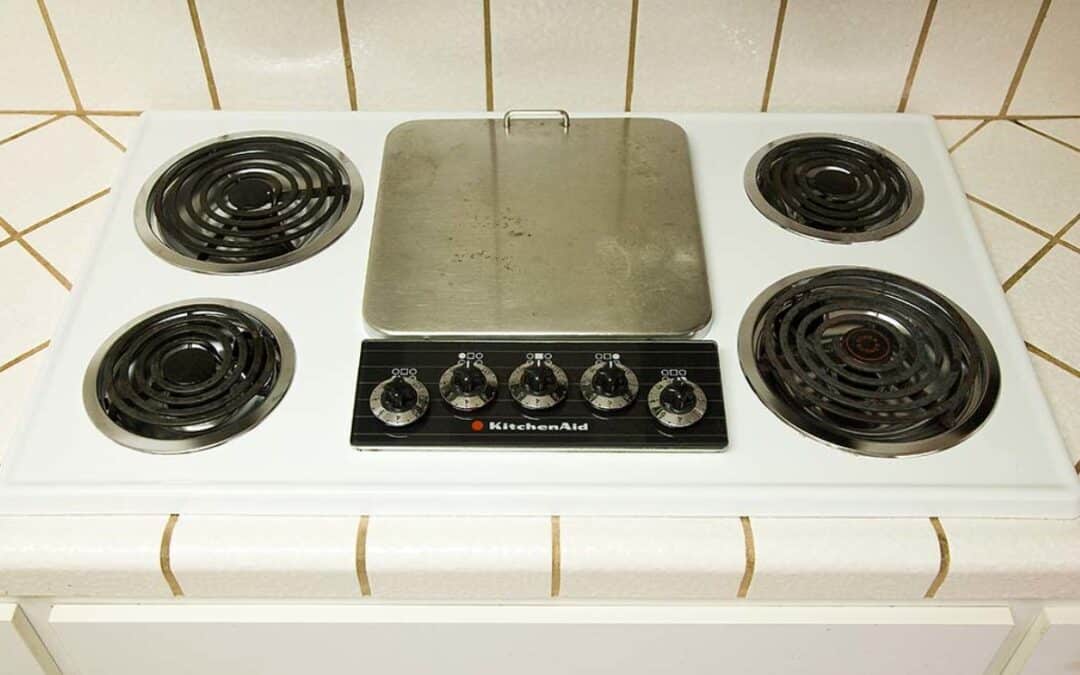- Gas cooktops: 15-20 years
- Electric coil cooktops: 10-15 years
- Electric smoothtop cooktops: 10-15 years
- Induction cooktops: 10-20 years
It’s important to note that these are just general estimates and the actual lifespan of a cooktop can vary based on several factors such as usage, maintenance, and quality of the components. Regular maintenance, such as cleaning the cooktop regularly and promptly addressing any issues, can help extend the lifespan of your cooktop. Additionally, newer models with more advanced features and components may have a shorter lifespan due to the complexity of their design.
In general, the lifespan of a cooktop will depend on several factors, and it’s important to consider the overall condition of the cooktop and the cost of repairs before deciding whether to repair or replace it.
You may want to consider replacing your cooktop if:
- The cooktop is approaching the end of its expected lifespan and has been frequently repaired.
- The cost of repairing the cooktop is becoming increasingly expensive and approaching the cost of a new cooktop.
- The cooktop has sustained significant damage, such as a cracked glass top or a broken burner, which is beyond repair or too expensive to fix.
- The cooktop is outdated and lacks energy-efficient features that can result in higher energy bills.
- The cooktop poses a safety hazard, such as a gas leak, electrical issues, or an unstable surface.
- If you’re planning to remodel your kitchen and the existing cooktop does not fit the new design or layout, you may want to replace it.
Ultimately, the decision to replace a cooktop will depend on a variety of factors, and it’s important to weigh the costs and benefits of each option before making a decision. If you’re unsure whether to replace or repair your cooktop, it’s best to consult with a qualified technician or an appliance specialist to help you make an informed decision.
5 Star Appliance Repair team: cooktop repair Tucson

